Superior Industrial Fire Services, Inc.
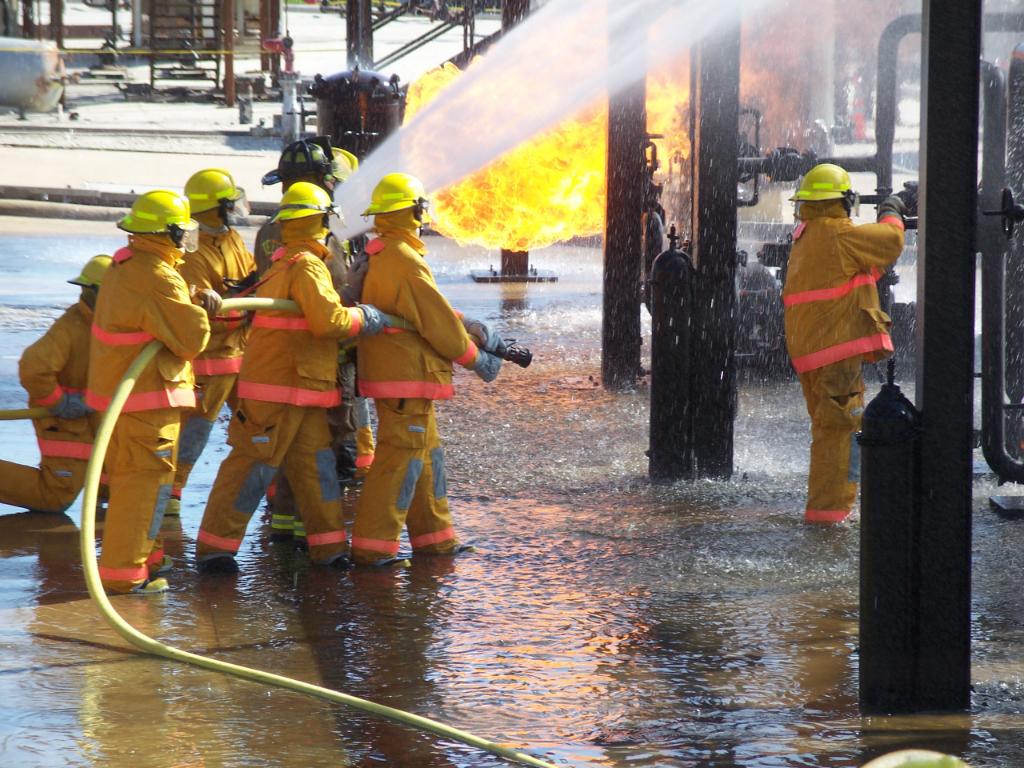
Sprinkler systems are a widely used fire suppression method in industrial settings, valued for their ability to respond quickly to fires and mitigate damage. At Superior Industrial Fire Services (SIFS), we recognize the importance of choosing the right fire protection system to safeguard your facility, employees, and assets. While sprinkler systems are effective in many situations, they also come with their own set of advantages and disadvantages. Understanding the pros and cons of sprinkler systems in industrial firefighting can help you make an informed decision for your fire safety strategy.
Sprinkler systems offer a range of benefits that make them a common choice for industrial fire protection. They are designed to automatically activate in response to heat, providing a fast and efficient method of fire suppression.
Key Advantages of Sprinkler Systems:
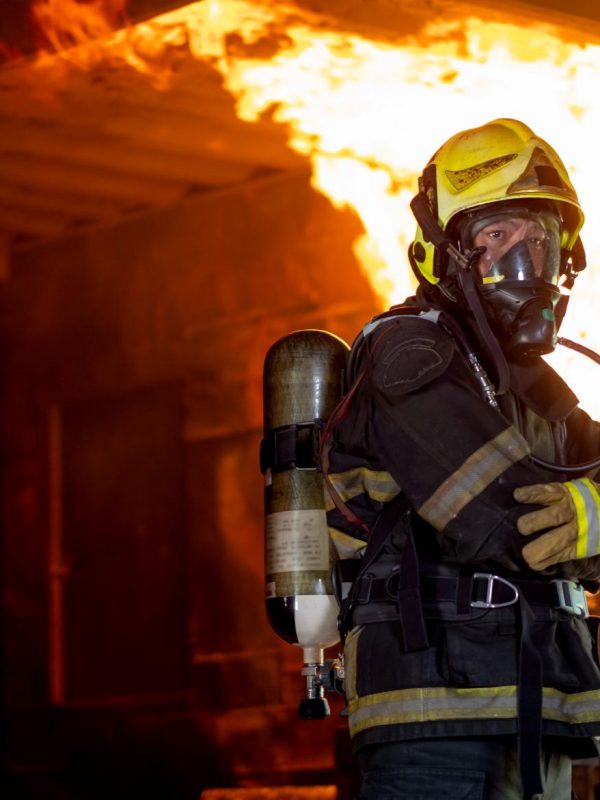
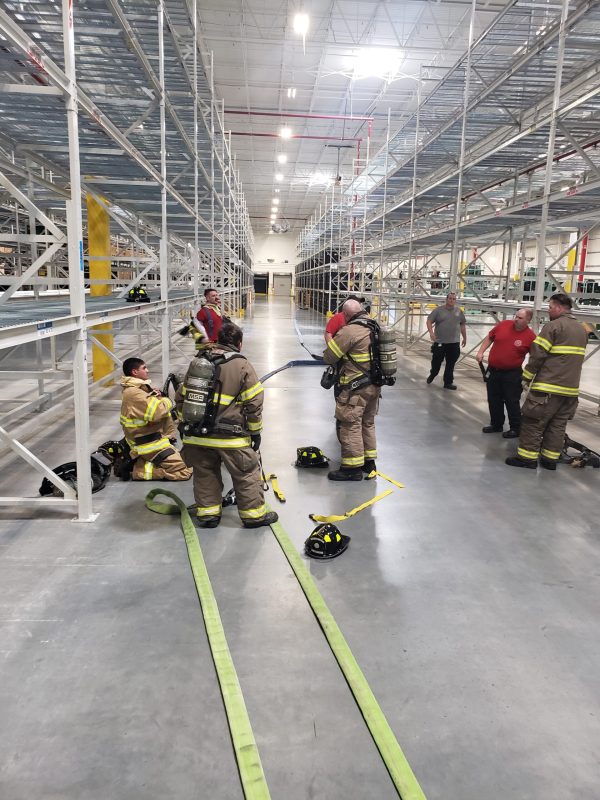
While sprinkler systems offer many advantages, they also come with certain limitations that may not make them the best fit for every industrial environment.
Key Disadvantages of Sprinkler Systems:
When deciding whether a sprinkler system is the right solution for your industrial fire protection, it’s essential to weigh these pros and cons. Facilities dealing primarily with solid combustibles will benefit most from sprinkler systems, especially in large spaces where quick fire suppression is needed. However, for businesses handling flammable liquids, electronics, or high-value equipment, alternative fire suppression methods like foam systems or gas-based systems may offer better protection against damage.
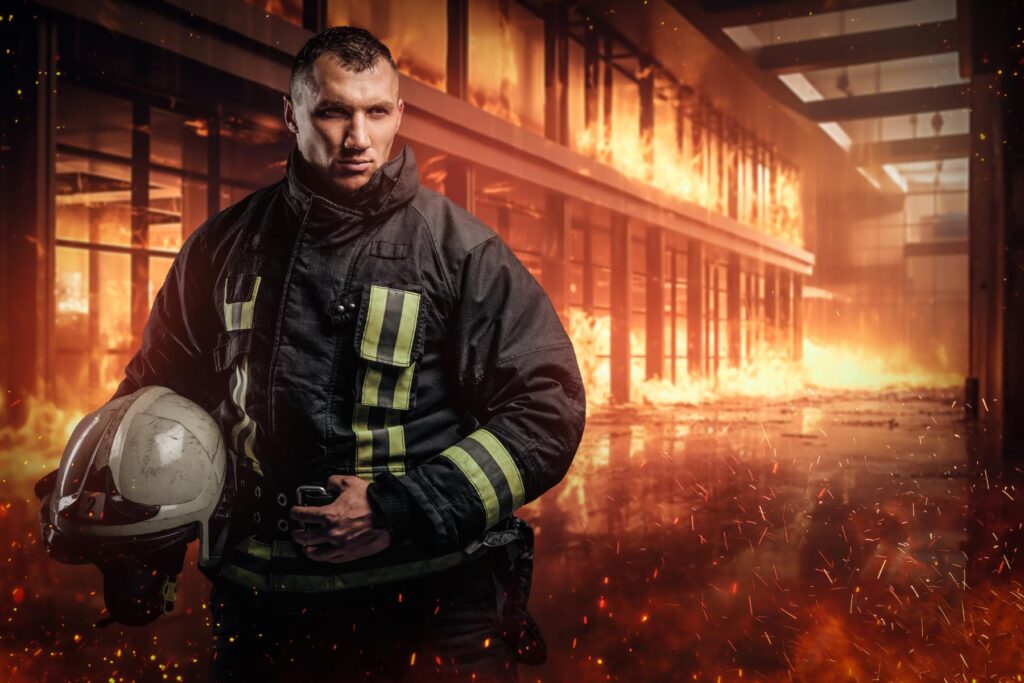
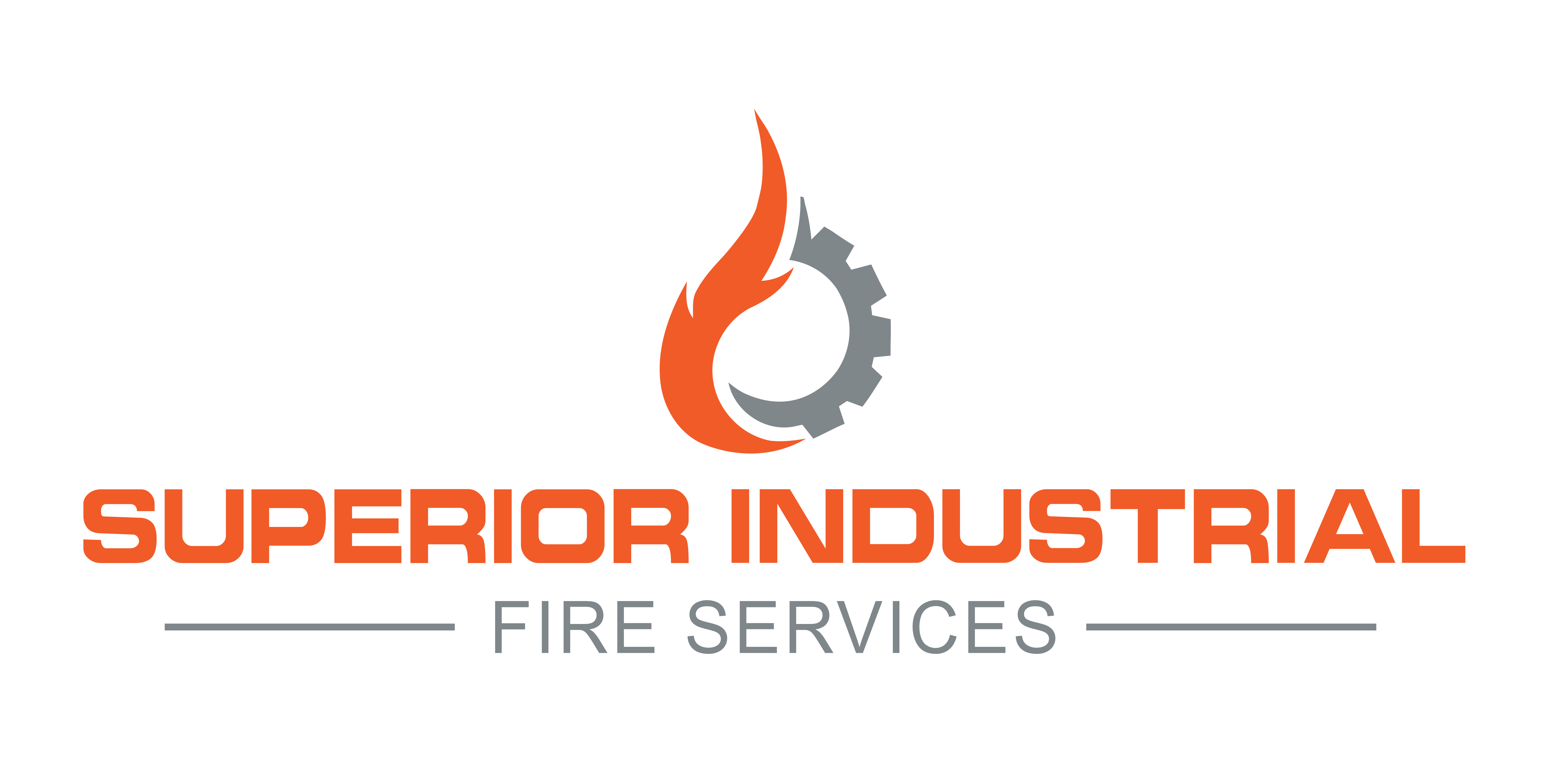
At Superior Industrial Fire Services, we specialize in providing tailored fire protection solutions to meet the unique needs of each industrial facility. Our team of experts will help you determine if a sprinkler system is the best option for your fire safety strategy or if a different solution is more appropriate for your fire risks. With a commitment to safety, efficiency, and reliability, SIFS ensures that your fire protection system is not only compliant with industry standards but also highly effective in safeguarding your business. Trust Superior Industrial Fire Services to deliver the right fire suppression system for your facility’s specific needs.

